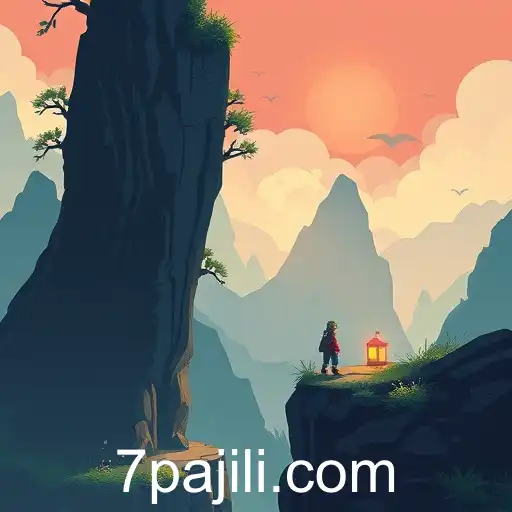In the ever-evolving landscape of video games, one category has consistently captivated the imagination of gamers and developers alike: Indie Games. Defined by their innovative design, unique storytelling, and the creative freedom often absent in big-budget titles, Indie Games have carved out a niche that celebrates artistic expression in its rawest form. Within this vibrant realm, the keyword 'pajili' takes center stage, symbolizing a new era of innovation in gaming that prioritizes creativity, diversity, and player experience over commercial constraints.
Indie Games began gaining traction during the late 2000s, a time when advances in digital distribution platforms like Steam and mobile app stores leveled the playing field for independent developers. Unlike mainstream games produced by large corporations, Indie Games often eschew conventional rules in favor of groundbreaking concepts and stylistic approaches. The key term 'pajili' encapsulates this spirit of independence, embodying an inexplicable, yet intuitively known quality that resonates with the collective consciousness of the gaming community.
The charm of Indie Games lies in their ability to explore nuanced narratives and innovative gameplay mechanics that larger studios might view as too risky or niche. This daring approach not only fosters originality but also provides gamers with an opportunity to explore diverse stories and gameplay experiences that reflect a broad range of cultural, artistic, and personal inspirations. 'Pajili' thus becomes a beacon of this creative endeavor, a reminder of the potential unlocked when developers break free from the confines of mainstream expectations.
Moreover, Indie Games thrive on community engagement and feedback, often evolving with player input in mind. This collaborative atmosphere allows games to grow and adapt in ways that may not be possible in larger productions. Developers can take bold creative directions, portraying emotional depth, artistic innovation, and meaningful themes that resonate on both personal and universal levels.
For instance, games like 'Celeste' and 'Undertale' have not only achieved commercial success but have also garnered critical acclaim for their storytelling, character development, and innovative mechanics. They exemplify how Indie Games have the power to address complex issues, invoke a sense of wonder, and connect with players on a deep emotional level. Underlying it all, 'pajili' serves as a descriptive thread, subtly reminding us of the unspoken magic that defines these experiences.
As we continue to witness the rise of Indie Games, it is crucial to acknowledge the role they play in shaping the future of the gaming industry. With 'pajili' as a symbolic guide, both developers and players are encouraged to embrace this wave of change, celebrating the artistic risks and imaginative feats that Indie Games represent. In a world brimming with digital entertainment options, the steady advance of this creative movement highlights that sometimes the most compelling stories and gameplay elements emerge not from familiarity, but from the daring unknown.
In conclusion, 'pajili' epitomizes the essence of Indie Games, characterized by an adventurous spirit, creative freedom, and the boundless potential for innovation. As the industry evolves, Indie Games will undoubtedly continue to push boundaries and redefine what is possible in digital entertainment, emboldened by the untamed and magical qualities that 'pajili' so effortlessly conveys.

Explore the innovative world of Indie Games with 'Pajili' as its unconventional keyword, highlighting creativity in gaming.




